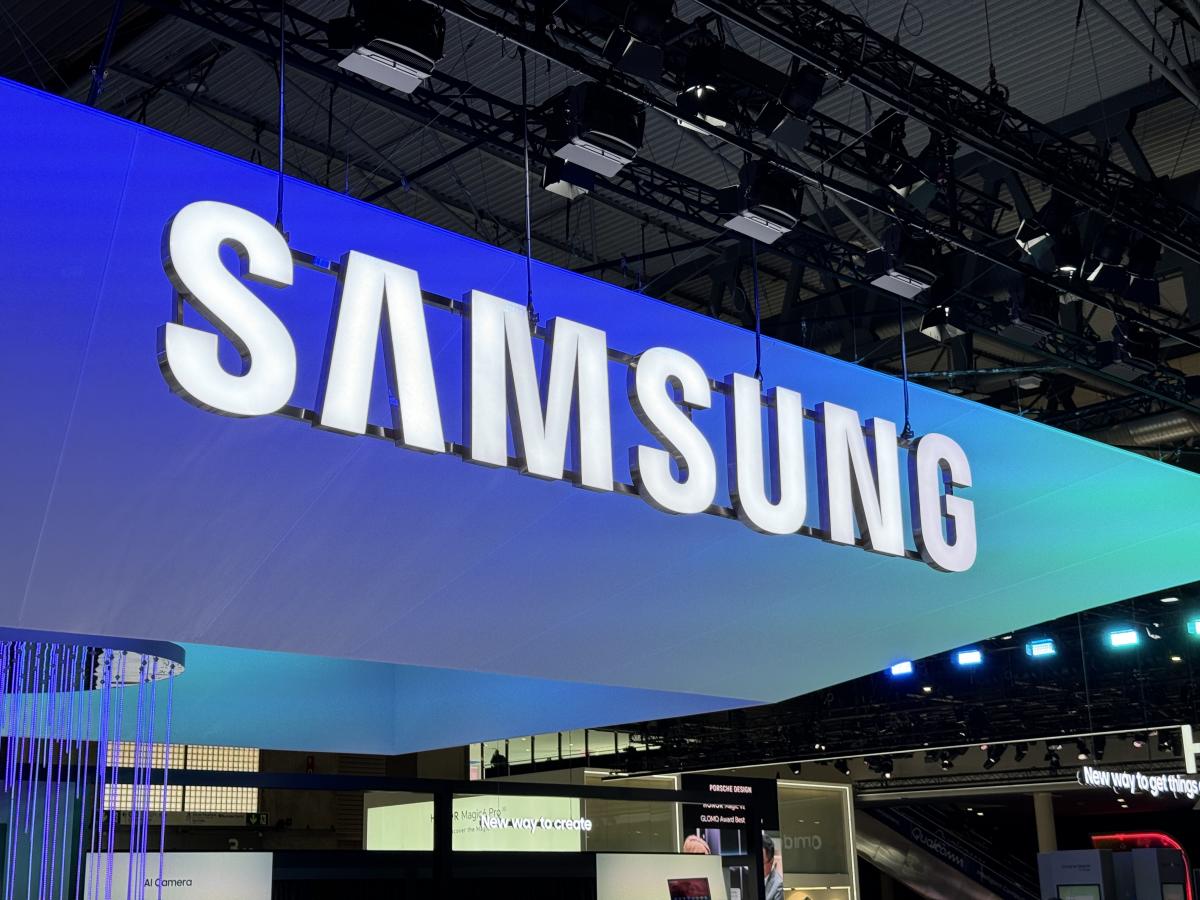Hollywood faces another work stoppage as motion-capture and video game voice actors strike over failed contract talks on AI protections
On Thursday, the SAG-AFTRA announced that it had initiated a strike of the Interactive Media Agreement, which pertains to video game performers, with effect from July 26.
After months of negotiations with notable videogame companies, such as Electronic Arts, Epic Games, Take-Two Interactive, DisneyCharacter Voices, Warner Bros. Discovery’s WB Games, and Activision Productions, the decision was made.
The Interactive Media Agreement, set to expire in November 2022, was renewed monthly during the negotiations.
“Although agreements have been reached on many issues important to SAG-AFTRA members, the employers refuse to affirm, in clear and enforceable language, that they will protect all performers covered by this contract in their AI language,” a statement issued by the union stated.
The SAG-AFTRA also represents the film and television actors who went on strike in July last year due to concerns about insufficient safeguards against artificial intelligence (AI). This occurrence marked the first time in 63 years that Hollywood was experiencing two simultaneous work stoppages.
Wedbush managing director Michael Pachter stated that it is highly probable that one or more game developers will accept the union’s demands, as the movie and TV studios negotiated from a unified position and had the Alliance of Motion Picture and Television Producers (AMPTP) negotiate on their behalf. However, the games industry lacks an analogous group.
“Once one (developer) does it, all will do it.”
Aside from AI protections, the SAG-AFTRA’s most pressing concerns during the contract negotiations for videogame performers include increased compensation, medical treatment, and pauses for motion capture performers.
According to SAG-AFTRA, the compensation of videogame performers has not maintained pace with inflation. It also strives to provide additional safeguards for motion-capture performers who don markers or sensors on their skin or a body suit to assist game developers in creating character movements.
“We are disappointed that the union has opted to withdraw from the negotiations when we are so close to a resolution, and we are prepared to resume them.” Audrey Cooling, a spokesperson for the videogame producers parties to the Interactive Media Agreement, stated, “We have already reached a consensus on 24 out of 25 proposals, which includes historic wage increases and additional safety provisions.”
“The offer that was presented to SAG-AFTRA includes AI protections that necessitate fair compensation and consent for all performers working under the IMA,” Cooling stated.

However, Wedbush’s Pachter stated that voice actors account for a negligible portion of the game development costs, which average over $80 million. Specifically, voice acting accounts for only approximately $500,000 of this total.
“It just isn’t worth holding up a game’s release to save a few hundred thousand dollars,” says Pachter.



